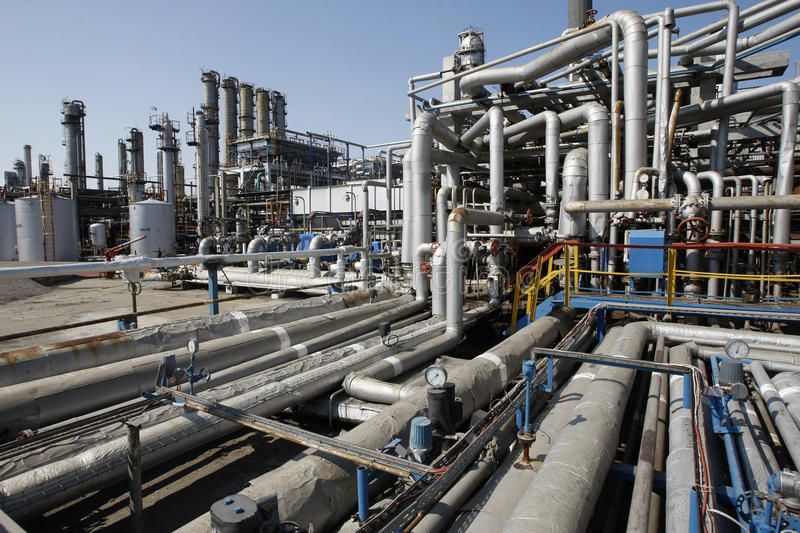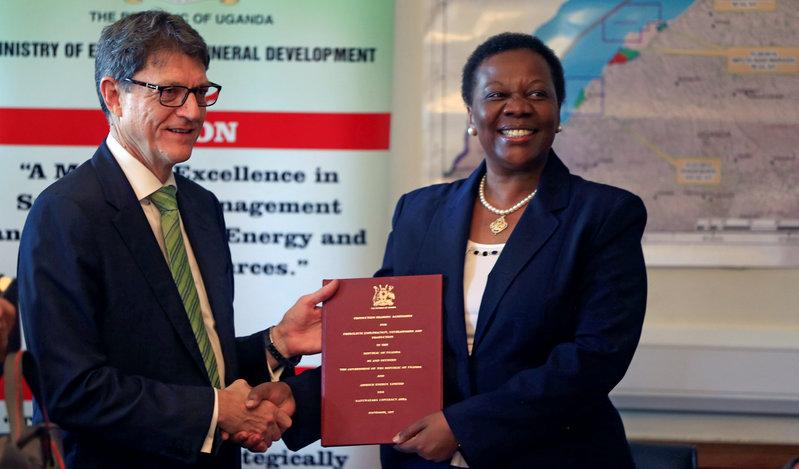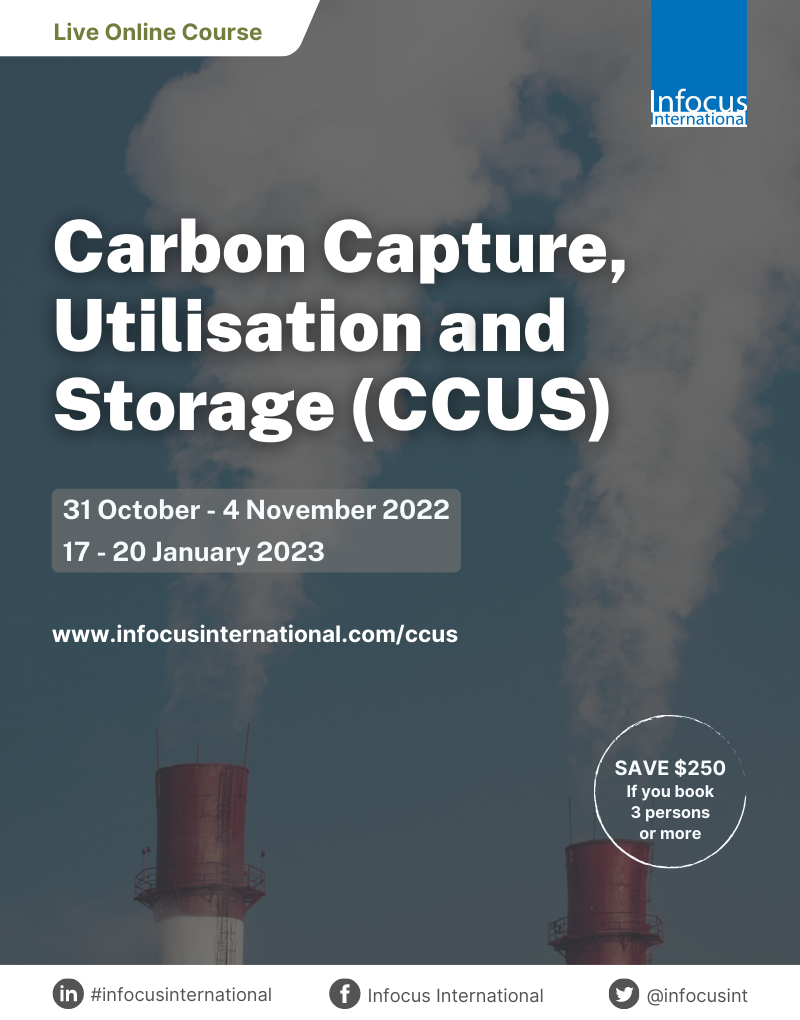Contrary to the widespread view – mainly spread by environmental lobbies – that the time for exploitation and use of oil is over, and that oil will soon lose market internationally, the British Government has come out to demonstrate that on the contrary, oil and gas remain of strategic interest, “for several decades” and “ for the foreseeable future,” even if focus remains on development of cleaner energy technologies.
In a letter to oil and gas players in the UK at the end of April, Kwasi Kwarteng, the Secretary of State (Minister) for Industry, Energy & Business Strategy said reliance on oil and gas still remains vital for their economy, and will be so, for many years.
“I want to also be clear that we will not bend to the will of activists who naively want us to extinguish production in the UK Continental Shelf – doing so would put energy security and British jobs at risk, and simply increases foreign imports, whilst not reducing demand,” Kwarteng said in the letter.
Seeing how economies around the world are struggling with inadequate energy supplies and high prices, the UK Government’s position could become a trend setter on continued use of fossils among developed countries, as countries seek to protect their economies through energy independence and sufficiency.
Uganda – a young and nascent player in the oil and gas sector – has recently been sued by environmental activities, for going ahead to exploit its Albertine region oil resources. The environmental lobbies reason that the world is now moving to cleaner energies and that it is anachronistic for Uganda to be investing in oil exploitation.
They argue that exploitation of the Albertine oil resources will harm the environment, contribute to global warming and have disastrous impacts on the livelihoods of the people and the biodiversity in the drilling areas and along the pipeline. Total Energies, the main partner in Uganda’s Tilenga Oil Projects has similarly faced suits in France on similar charges.
Both the Government of Uganda and Total Energies have said that the highest national and international environmental, safety and health standards will be observed in the oil project area.
Post- COVID-19 lock down, the global prices of oil have spiked to highs not seen in recent history. This was mainly attributed to the high demand of oil occasioned by re-opening of the global economy. In the past few months, this has been exacerbated – especially in Europe – by the Russian-Ukraine war.
Russia has been the major source of oil and gas in the EU. In 2020, Russia export of oil and gas to Europe contributed almost one third of total EU imports. Following the Russo-Ukranian war, Western countries and their allies have placed sanctions against Russia – including banning importation of its oil and gas, which has affected supplies around the world. As a result pump prices have spiked in many countries, and creating shortages in others.
As a result some countries are seeking to shore up future shocks by ensuring “energy independence” – which in most cases – as is the case of the UK- means reverting to domestic oil reserves.
Kwarteng said the UK Government is seriously considering supporting investments in their North Sea oil resources. “In return for the UK Government’s ongoing support for the sector, the Prime Minister, the Chancellor and I want to see a very clear plan from the oil and gas industry to reinvest profits in the (oil fields in the )North Sea and, importantly, in the clean energy technologies of the future.”
“ At our next meeting in coming weeks,” he wrote, “ I would like you to set out how you will reinvest profits, double down on investments in the clean energy transition and importantly accelerate and maximise domestic oil and gas production. We need to collectively show the British people how the success of our offshore oil and gas sector has a direct and enduring benefit to the British economy and people’s jobs and livelihoods in order to protect the North Sea as a major UK energy asset for decades to come.”
The UK has recently developed an Energy Security Strategy aimed at driving the country back to “energy independence” to address vulnerabilities brought about by independence on foreign energy sources through exploitation of clean sources like hydrogen, wind and solar, but while keeping hands on deck on oil and gas, as a short and mid-term measure to keep energy supplies flowing.
In a foreword to the strategy, Boris Johnson, UK’s Prime Minister, said: “As the Prime Minister, and I set out in the Energy Security Strategy, domestic production is now more important than ever, recognising that there will be an ongoing demand for oil and gas over the coming decades as we smooth the transition to cheap, clean, home-grown energy.”
Boris Johnson argued that during the industrial revolution, Britain was “energy independent” this was however lost due to policy changes and bad decision making and that time is now for the UK to go back to “Energy independence.” He said while his country will not go back to the days of polluting the streets with dark plumes of coal, they will exploit carbon sensitive technologies. He however said that, oil and natural gas too remain on the table.
“…even the most evangelistic environmentalist would concede that we can’t simply pull the plug on all fossil fuels overnight without the lights going out all over Europe,” he said.
That is likely to be the position of many countries, to offset the current global energy challenges.












